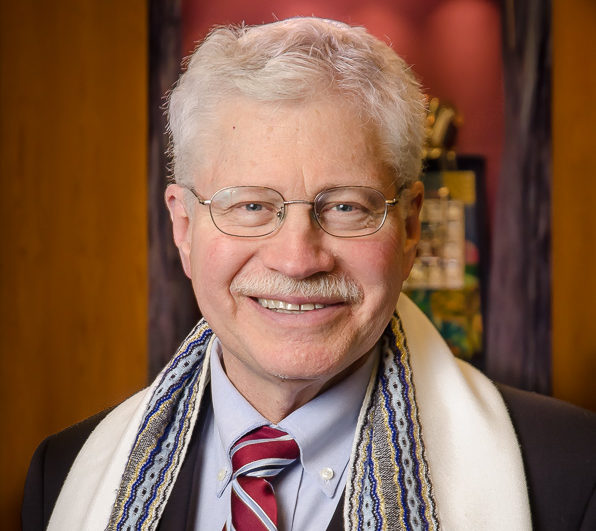The old Yiddish proverb laments, “It is not easy to be a Jew.” Moshe might add, “How much the more so to be a Jewish leader.” Parashat Korach appears in what Everett Fox refers to as “the rebellion narratives” in the Book of Bamidbar. Was Moshe Rabbenu blessed with the congregation from hell? After their emancipation form slavery, the splitting of the Sea, and receiving the Ten Commandments, the stiff-necked Israelites nevertheless were bent on kvetching. No wonder forefather Jacob was renamed Yisrael, one who strives, even with God.
In Parashat Korach, Moshe and Aharon encounter a full-fledged mutiny. The rebels consist of:
- Korach, a Levite who covets the power of cousins Moshe and Aharon,
- Dathan and Aviram, who resent that their ancestor Reuven and his descendants never received the privileges accorded to the first born, and
- 250 otherwise respected men who join the campaign to impeach Moshe and Aharon.
At first glance the rebels’ claim seems just. “All the community are holy and Adonai is in our midst.” Yes, every human being is created “B’tzelem Elohim,” and we are all charged, “Kedoshim Tih’yu, be holy!” However, they go on essentially charging, “Who made you boss?” They thus reveal their hidden agenda, namely to usurp power for their own self-aggrandizement, not the benefit of their fellow Israelites—whom they would possibly have returned to slavery in Egypt. After all, Dathan and Aviram, and no doubt many others, already complained to Moshe, “Is it not enough that you brought us from a land flowing with milk and honey to have us die in the wilderness?!” True leaders like Moshe are willing to compromise on matters material to achieve something money can’t buy, like freedom.
Moshe, like more contemporary champions of justice such as Gandhi and Martin Luther King, Jr, knew that it was not about himself, but others. The opening words of Parashat Korach are “Vayikach Korach, and Korach took.” He was a taker, not a giver. Acquiring fame and fortune, power and prestige were his goals. Moshe on the other hand, was an “Eved Adonai”and the most humble man alive.
Parashat Korach does not teach suppression of free speech. On the contrary, Moshe himself earlier summoned the courage to tell Pharaoh, “Let my people go!” The Neviim [prophets] frequently risked their lives to speak out against injustice. The distinction, as the 19th century Rabbi Tzvi Hirsch Kalischer notes, is that Korach and his fellow mutineers defined themselves by what they were against, not by what they stood for. A true leader leads people towards a vision, rather than away from an existing reality.
Pirke Avot defines Korach and his cohorts as the poster children for a machloket that is not “Leshem shamayim, for the sake of heaven,” and therefore is doomed to failure. Moshe left us the everlasting legacy of a true leader. So too, may we be motivated to stand up and speak out, challenging injustices “Leshem Shamayim,” to make this a more heavenly and peaceful world.
Rabbi Aaron Rosenberg will be retiring this summer after serving Temple Emanu-El in Waterford, CT for the last 35 years. In addition to his responsibilities with his congregation, he has been Chaplain at Connecticut College, Waterford Rotary Club President, Secretary of the Greater New London Clergy Association, and served on the Boards of United Way, Waterford Library and L&M Hospital Pastoral Care Committee.

